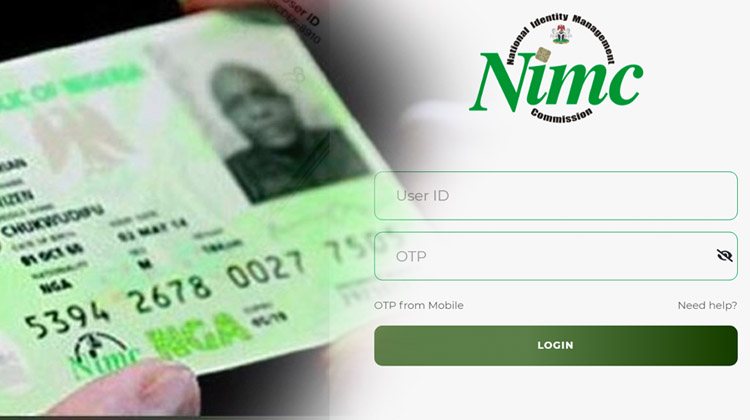The National Identity Management Commission (NIMC) has achieved a significant milestone in its national identification project, recording over 117 million registered individuals for the National Identity Number (NIN) as of February 28, 2025. This achievement represents a substantial step towards creating a comprehensive national identity database, facilitating improved governance, security, and service delivery across Nigeria. The data reveals a nearly even distribution of registrations across gender and geographical regions, demonstrating the widespread adoption of the NIN across the country. The figures reflect the growing awareness and acceptance of the NIN as a crucial identification document for Nigerians.
A gender-based analysis of the data indicates that 66,281,803 registered individuals, representing 56.5% of the total, are male, while 51,079,521 individuals, accounting for 43.5%, are female. This near-balanced gender distribution highlights the inclusivity of the NIN registration process and its accessibility to both men and women across the nation. This relative parity suggests that the NIN registration process is not significantly biased towards any particular gender.
The distribution of NIN registrations across states reveals interesting demographic patterns. Lagos State emerges as the frontrunner with the highest number of registered individuals, exceeding 12.6 million. Kano State follows closely with over 10.2 million registrations, highlighting the significant population densities of these two states. These figures align with the status of Lagos and Kano as major commercial and population hubs in Nigeria. The high registration numbers in these states can be attributed to their large populations and the increased awareness and accessibility of NIN registration centers.
Conversely, Bayelsa, Ebonyi, and Ekiti states recorded the lowest registration figures, with Bayelsa registering 758,111 individuals, Ebonyi with 990,775, and Ekiti with 1,143,102. Several other states, including Cross River, Taraba, Yobe, Kogi, Enugu, Kwara, and Imo, also reported relatively low registration figures, all below 2.1 million. These lower figures may be attributed to a number of factors, including lower population densities, challenges in accessibility to registration centers, varying levels of awareness about the importance of NIN registration, and possibly logistical hurdles specific to these states.
A closer examination of the top-performing states reveals a clear dominance by Lagos and Kano. Lagos boasts the highest registration figure, reaching 12,612,334, with a male population of 6,870,915 and a female population of 5,741,419. Kano trails closely with 10,246,055 registrations, comprising 5,924,126 males and 4,321,929 females. Other states with significant registration figures include Kaduna, Ogun, Oyo, Katsina, the Federal Capital Territory (FCT) Abuja, Rivers, Delta, and Bauchi. These figures underscore the importance of these states as major population centers and economic hubs within Nigeria.
The overall distribution of NIN registrations across states showcases the ongoing efforts to establish a comprehensive national identity system in Nigeria. While significant progress has been made, the disparities in registration figures among different states highlight the need for targeted interventions to ensure equitable access and participation in the NIN enrollment process. Addressing the lower registration numbers in certain states will require strategies tailored to the specific challenges faced in those regions, potentially including increased public awareness campaigns, more accessible registration centers, and addressing any underlying logistical or infrastructural limitations. The continued growth of the NIN database will be crucial for strengthening national security, improving governance, and facilitating more efficient delivery of social and economic services to all Nigerians.


